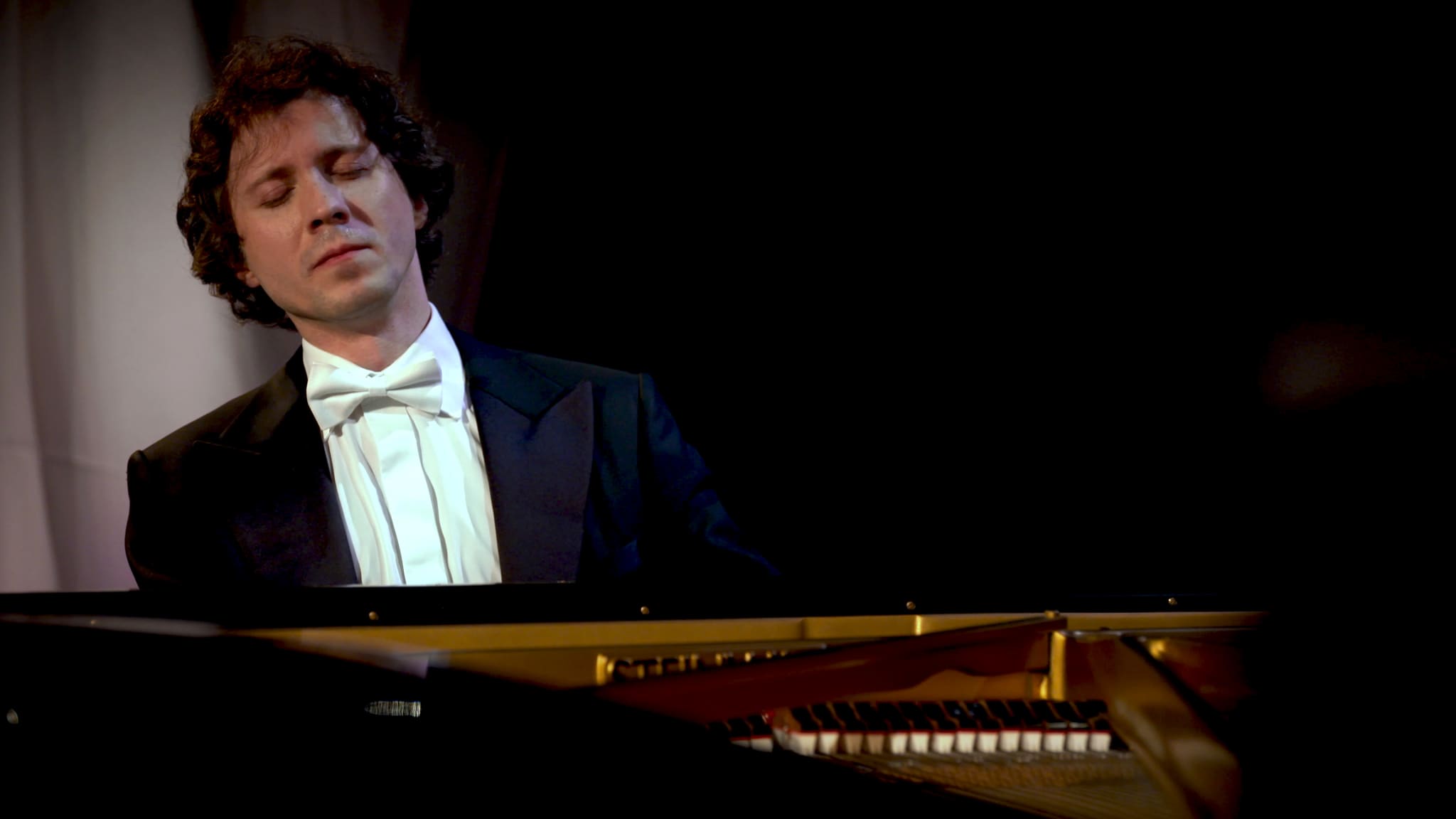New on STAGE+
Albums
About
César Franck

From an early age, César Franck was marked out by his father for the career of a piano virtuoso and was still only twelve when, having already completed a course at the Conservatory in his native Liège, he set off on his first concert tour. At the age of 15, he was admitted to the Paris Conservatoire, where he worked hard at counterpoint, fugue, composition, and the organ. After having held various organist appointments as in Paris, he became organist at St Clotilde in 1858, remaining there for the rest of his life and drawing audiences from far and wide with his improvisations on Cavaillé-Coll's new instrument.
A profoundly modest and kind-hearted man, Franck was denied success and public honours until relatively late in life. A member of the Société Nationale de Musique set up with the aim of encouraging French composers, he set out to pass on to others his teachings as an organist and in 1872 became professor of organ at the Paris Conservatoire, where his pupils included Louis Vierne, Gabriel Pierné, Ernest Chausson, Henri Duparc and Vincent d'Indy. His writing is notable for its rich and shifting harmonies and reflects the influence of Beethoven and Wagner. In addition to his many organ works, he is also remembered for his magnificent Prélude, choral et fugue for piano, a Symphony in D Minor and symphonic poems such as Les Djinns and Le chasseur maudit.













